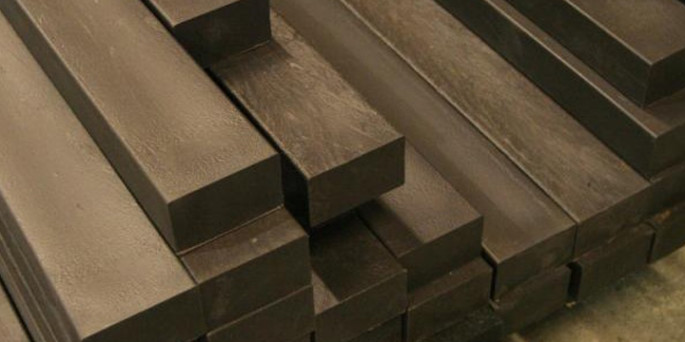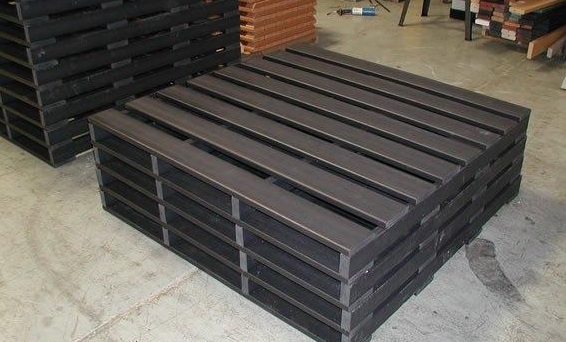
The wood of the future?
SANCTI SPIRITUS — For the partners in La Esperanza, Cuba’s only urban cooperative producing plastic elements, the idea of creating a material that looks like wood, is more resistant than wood, doesn’t rot or deteriorate in a few years, in short, a material seemingly out of a Jules Verne novel, has kept them hopeful for several months now.
Only hopeful, says quickly Yoel Torres Hernández, the cooperative’s president, who lists the thousand-and-one obstacles they’ve had to overcome since they proved that plastic wood can be made with the same raw materials that the plant uses to manufacture hoses and tubes of every imaginable dimension.
“We have heard that this kind of project is being developed in the Emilio Bárcenas military plant in Havana, but they need virgin materials, while we recycle discards. That gives us an advantage,” says Torres, a professional lawyer who vehemently defends his small-scale industry, which on July 11 marked its first anniversary.
What he calls an advantage is diluted, however, when he describes the lack of priority to which the cooperative is condemned because of the original sin of being an urban association. Government support traditionally goes to rural farm cooperatives.
Aside from the crowded conditions in the building occupied by La Esperanza (Spanish for “the hope,”) the biggest obstacle is the machinery, insufficient to handle a process that, in the opinion of experts, is long and complex: to transform millions of nylon containers and old plastic bottles into boards and beams.

Precisely because of the infinite possibilities of their material, which barely decays in the open and withstands the tropical sun and humidity, the members of the cooperative don’t understand — and refuse to understand — the government’s refusal to let them accept foreign investment.
“When we requested a partnership with a Mexican company, the Ministry of Industries told us that the procedure for implementation is not yet ready,” Torres says.
A contradictory argument, if one considers that the construction industry is one that Cuba is trying to foster and has listed on its so-called Business Portfolio for foreign investors, as if to say: “We need to develop this gold mine; entrepreneurs abroad, put your money here.”
In March 2013, the Council of Ministers approved a new policy for containers and packages. Ever since, the official media has focused — via TV debate programs and long newspaper articles — on the need (rather, urgency) to encourage an efficient industry that could satisfy the needs of state-run companies and the burgeoning non-state sector.

In September 2014, Juana Iris Herrera, director of the Containers and Packages Department of the Ministry of Industries, announced the imminent creation of a plastics sector in the Special Development Zone at Mariel, a hint of the priority assigned to this type of industry. However, almost one year later, news of the project is scant.
Whether foreign are investing or not in the production of Cuban containers and packages and whether those enterprises are succeeding or not is of little concern to the partners in La Esperanza. Aware of the potential of their own business, they’re not much concerned by the performance of similar companies.
“If we had the latest type of machinery right now, we’d have no competition in all of Cuba,” says Yoel Torres, enumerating the possible uses of plastic wood: doors, windows, roof beams and other elements used in housing construction: indoor and outdoor furniture, pallets, midsize and large containers — “and even boxes of the type used to store mangoes, tomatoes and oranges.”
They are certain that, if properly marketed in the United States, Europe, Asia and Latin America, plastic wood would not only exponentially multiply the capacity of the containers and packing industry but also do it with minimal damage to the environment.
With so many points in their favor, the cooperative members have no doubt that plastic wood could be La Esperanza’s star product in a few years. “Not many, I hope,” chimes Yoel.
Progreso Weekly authorizes the total or partial reproduction of the articles by our journalists, so long as source and author are identified.


